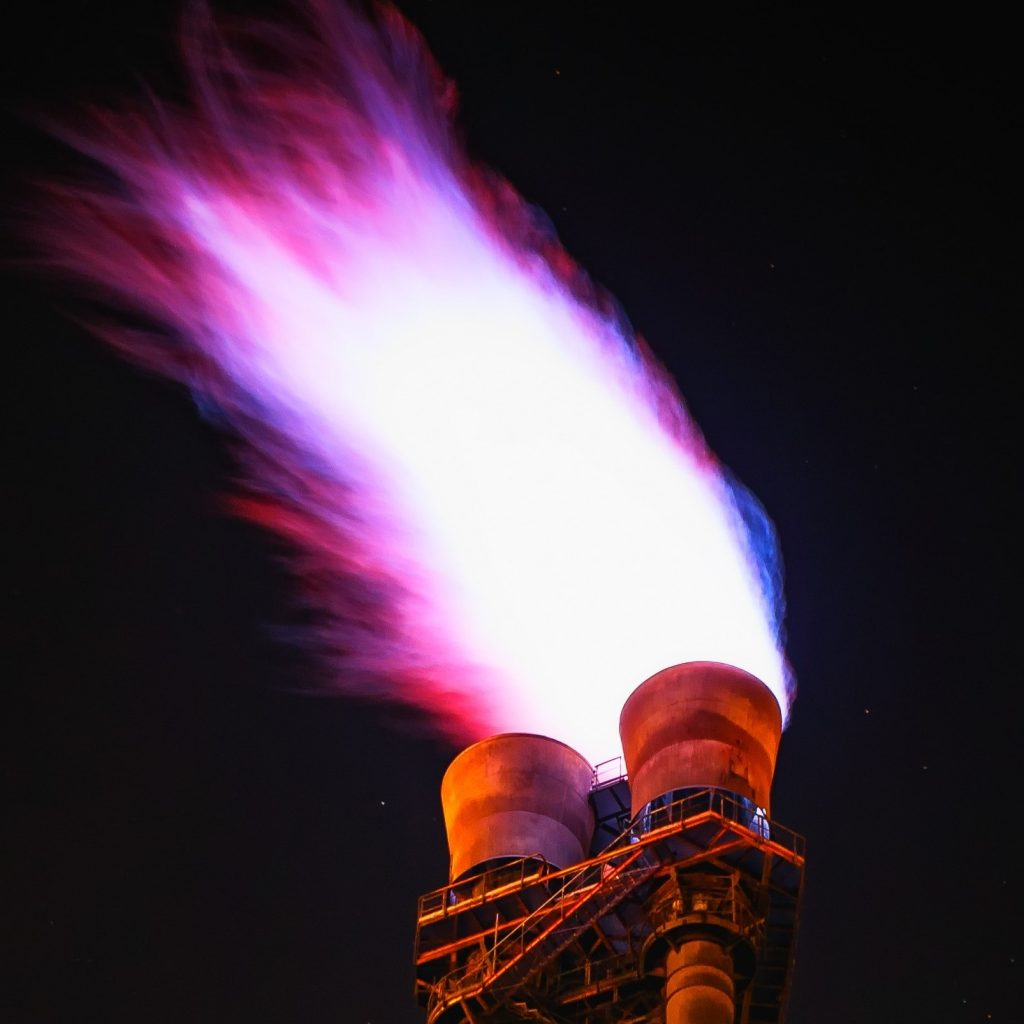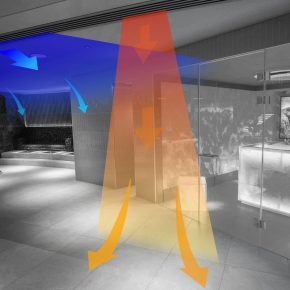
Underground Utility Strikes Prevention Best Practices
Underground utility strikes have always been a big deal as they can cause a lot of damage. They are not only a costly event but also dangerous. So, it is critical to know how to dig around safely.
A sudden increase in burying lines for electricity, cable, phone, etc, has been noticeable in recent years. Underground utilities are undoubtedly enhanced a city’s aesthetics and protection against storms.
However, they have also created a number of problems for people and utilities involved in the underground work or doing excavation. Remember that damaging or simply hitting underground utilities result in loss of service, millions of dollar loss, fatal injuries, or even death.
Best Practices to Prevent Underground Utility Line Strikes
People and companies involved in the excavation should know the best and safest way to execute the job. Construction workers must undergo a briefing regarding the rules and regulations prior to starting the project. By doing so, everyone stays safe from start to finish.
Here are a few best practices that will help prevent underground utility line strikes:
Determine the Tolerance Zone
Do not dig with pointed tools or machinery within the tolerance zone. Every state has its unique excavation requirements within the tolerance zone, which involves the facility’s width. It is around 18 inches on either outside edge’s side of the underground facility. Some states require a larger width. So, you need only to use blunt-edged excavation and hand digging.
Methods
Think of as-built drawings, private locators, and ground generator radars. You can also hire professionals with experience with the facilities to locate possible lines prior to excavation.
What is the Best Thing to Do Once You Hit Underground Utility Lines?
When working on an excavation project and you suddenly discover underground lines, it can be a scary event. However, it is best to stay calm and perform the necessary steps to keep the area safe for everyone.
Below are a few tips on what you should do if you encounter this scenario:
Clear the Entire Area
If you discover underground lines, do not stay in that area. You must assess the problem.
First, you need to clear the area if you hit underground lines. Ensure to relocate all your crew members to a safe place. From there, start assessing the situation from afar to keep everyone and everything safe.
Keep Yourself Aware of Everything
If there are fire sparks or electrical issues, you can easily notice them. You need to be cautious of the smells as well. Remember that natural gas has a distinct smell, so you can easily determine if something is wrong.
Call the Gas Emergency number on 0800 111 999 as soon as possible if you smell natural gas. This issue is dangerous to the surrounding areas, for you, and your crew. Of course, the only serious problem would cause sparks of any kind. So, you have to be mindful of that. When making a phone call, you need to do it from afar enough distance.

Contact the Utility Company
Once you assess the immediate dangers in the area, the next step you should take is to call the responsible utility company. You have to inform them of what happened. They can give you information about what you should do with the situation.
How to Hand Dig Around the Underground Lines with Safety in Mind
Here are some tips on how you can safely and adequately hand dig areas with underground utility lines:
– Use a blunt-edged or rounded shovel to prevent potential damage to the utility lines.
– Remove soil with care to prevent prying soil against the line.
– Work cautiously and carefully around the underground lines, focusing on not causing damage to them.
– Never start digging directly over the marked area; instead, do it on the side of the marked area to locate utility lines and prevent damaging them.
Conclusion
When excavating, you can encounter a lot of hazards, including underground utilities. Almost every line strike is expensive, and a lot of incidents that damage electric and gas lines can be dangerous for everyone.
It is critical to have a deeper understanding of the frequencies at which line strikes take place, as well as determine the best practices to prevent this event from happening. Plus, procedures must be in place for when problems arise during the excavation or utility lines are damaged.
Click here for more information.
Latest news

2nd April 2025
FIT Show 2025 Launches Innovative Marketplace Feature to Enhancing Value for Installers
FIT Show, the UK’s leading event for the window, door, flat glass, hardware, and roofing industries, is excited to announce the launch of a brand new Marketplace feature at its upcoming 2025 event (Birmingham NEC, 29 April – 1 May).
Posted in Architectural Ironmongery, Articles, Building Industry Events, Building Industry News, Building Products & Structures, Doors, Exhibitions and Conferences, Glass, Glazing, Hand Tools, Innovations & New Products, Plant, Equipment and Hire, Power Tools, Restoration & Refurbishment, Retrofit & Renovation, Roofs, Seminars, Training, Windows
2nd April 2025
Hi-spec deployment of EJOT Colorfast at new Birmingham logistics park
EJOT Colorfast fasteners have been used extensively in the construction of eight new high-specification warehousing and logistics buildings at the Urban 8 Logistics Park in King’s Norton, Birmingham.
Posted in Articles, Building Industry News, Building Products & Structures, Building Systems, Case Studies, Facades, Restoration & Refurbishment, Retrofit & Renovation, Roofs, Walls
2nd April 2025
SWA member delivers ‘fresh Hope’ for university’s Sustainable Building department
A detailed contract to restore an iconic Art Deco building in the heart of Birmingham’s Jewellery Quarter was carried out by Steel Window Association member, The Window Repair Company (Northwest) Limited.
Posted in Articles, Building Associations & Institutes, Building Industry News, Building Products & Structures, Building Systems, Case Studies, Glass, Glazing, Restoration & Refurbishment, Retrofit & Renovation, Steel and Structural Frames, Sustainability & Energy Efficiency, Windows
1st April 2025
Gilberts Takes Thermal Comfort to New Heights
Gilberts Blackpool is continuing to build on its reputation as a pioneer with the unveiling of ThermaAstute™ – the most extensive range of thermally sensitive diffusers in the market.
Posted in Air Conditioning, Articles, Building Industry News, Building Products & Structures, Building Services, Facility Management & Building Services, Heating, Ventilation and Air Conditioning - HVAC, Innovations & New Products, Restoration & Refurbishment, Retrofit & Renovation, Sustainability & Energy Efficiency
 Sign up:
Sign up: